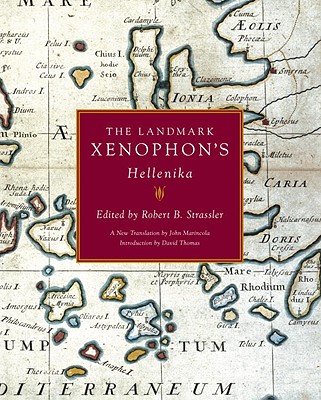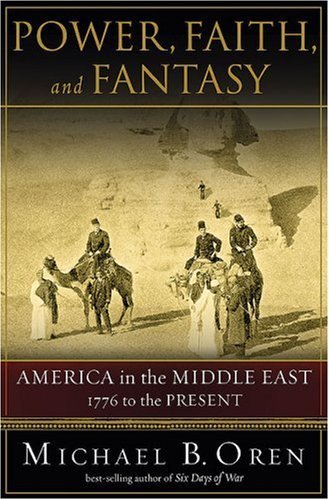Vive la France!
Thursday, December 31st, 2009The French equivalent of the Supreme Court reveals the extent to which global warming alarmism was always intended as a justification for a sophisticated tax-farming rip-off of normal people by oligarchical elites:
….The tax, which would have started on Jan. 1, was set at 17 euros ($24.38) per ton of carbon-dioxide emissions, President Nicolas Sarkozy said in September. To make the tax more palatable, he partially or fully exempted power plants, public transport, airlines, farming and fishing, as well as 1,018 older cement, steel and glass factories.
In all, 93 percent of all industrial carbon emissions in France would have avoided paying the full tax, the constitutional court said in a decision published on its Web site. The tax would have fallen disproportionately on fuel for heating and cars, it said.
Emphasis mine.
Jesus, 93 %? Was anybody with connections paying the tax? Warmer, colder, who cares? Just so long as widows, hotel maids and slum dwellers are paying through the nose in carbon taxes while Total S.A. skates! That is to say, the burden is on the ignorant peasantry who did not go to Ecole Nationale d’Administration.
Or on our side of the pond, Harvard.
ADDENDUM:
Science Daily – No Rise of Atmospheric Carbon Dioxide Fraction in Past 160 Years, New Research Finds










